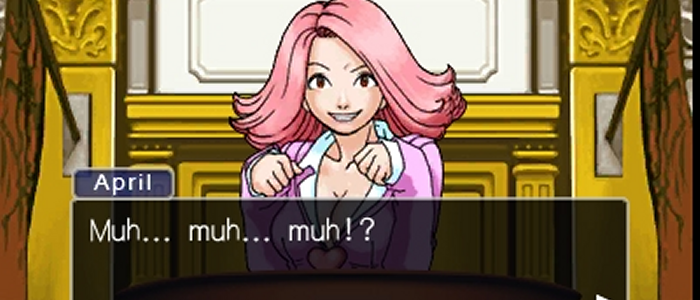In the climactic scene of Star Trek II: The Wrath of Khan, a dying Spock explains to Captain Kirk why he sacrificed himself to save the Enterprise. "The needs of the many," he famously quips, "outweigh the needs of the few, or of the one." Many libertarians hate that scene. Spock, you commie! Don’t you know that interpersonal utility comparisons are impossible? You’re from the future! This, I think, displays a fundamental confusion; Spock is not making an interpersonal utility comparison. Spock is dealing entirely with his own value scale. He is saying that, to him, the lives of his friends and crewmates are more important than his own. As such, he is not behaving "governmentally" at all; it becomes a noble act, not a tyrannical one.
The distinction, of course, is one of ownership. Spock is (at least presumably) a self-owner, who can elect to use or dispose of himself in any way he sees fit. For him to sacrifice himself in this manner is not in any way a violation of anyone’s rights. In contrast, we would view the same scene as monstrous if Spock were to order Chekhov to make the sacrifice instead — well, okay, maybe not if it were Chekhov, but like Scotty or McCoy or somebody we care about. You get it. But what’s the difference, really? In both cases, one man dies, and everybody else lives. Why is one noble and the other vile?

